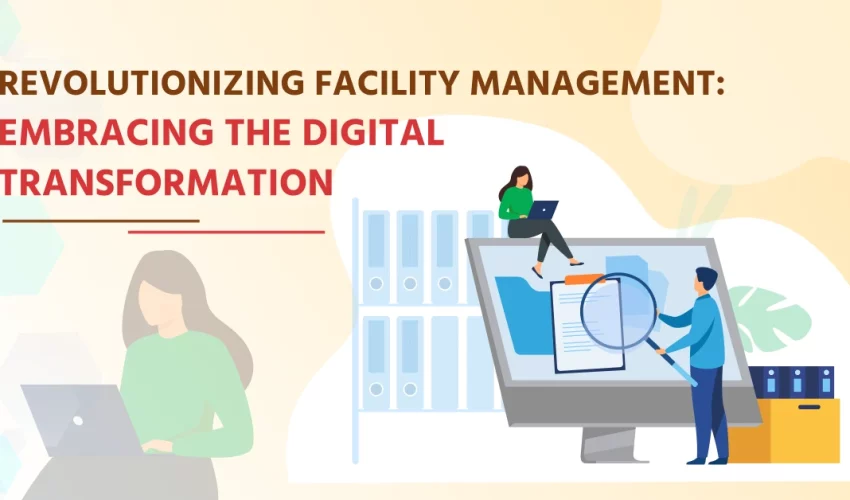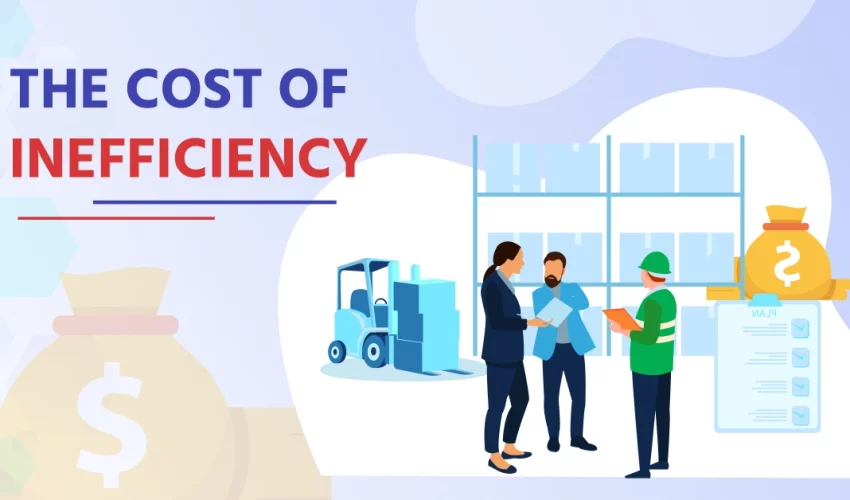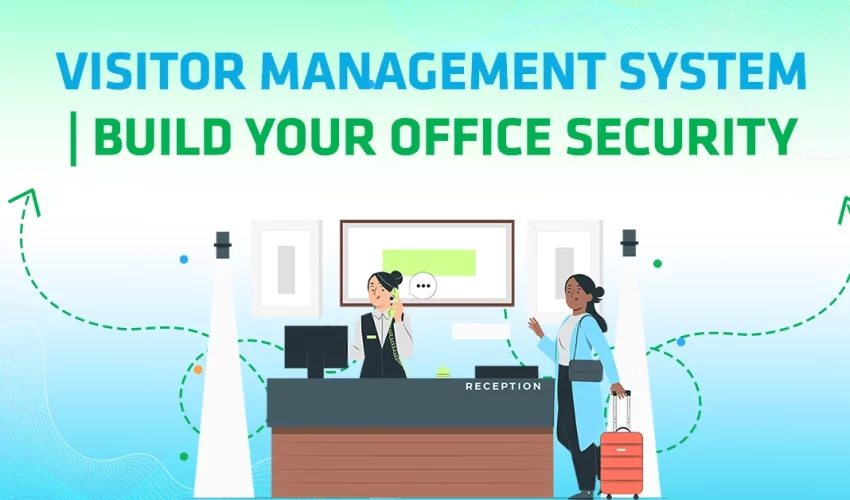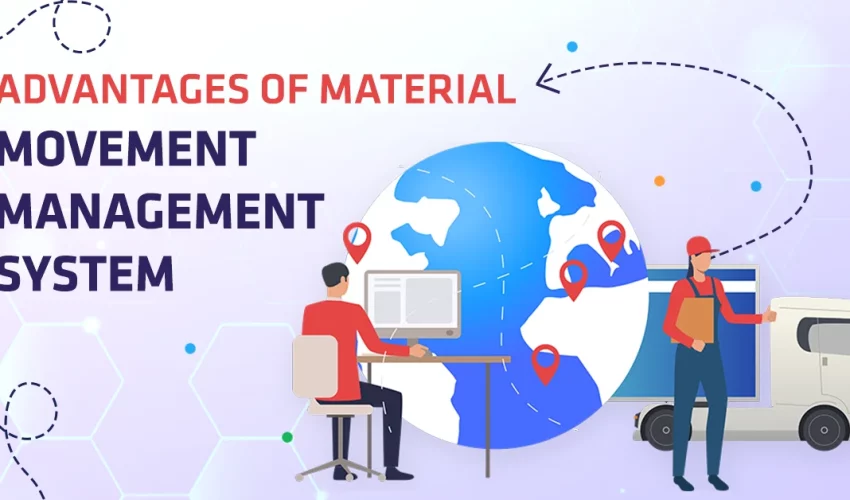Looking Ahead: The Future of Facility Management
As the adoption of digital facility management systems like Smart Gate becomes more widespread, the focus is increasingly on integration and scalability. Facilities are looking to integrate IoT devices, artificial intelligence, and predictive analytics into their systems, which would further enhance the capabilities of digital solutions in managing complex environments.
The ongoing digital revolution in facility management is not just about upgrading technology but about redefining the paradigms of efficiency, security, and sustainability in business operations. As more organizations recognize the value brought by systems like Smart Gate, the landscape of facility management will continue to evolve, driven by innovation and a relentless pursuit of excellence.














